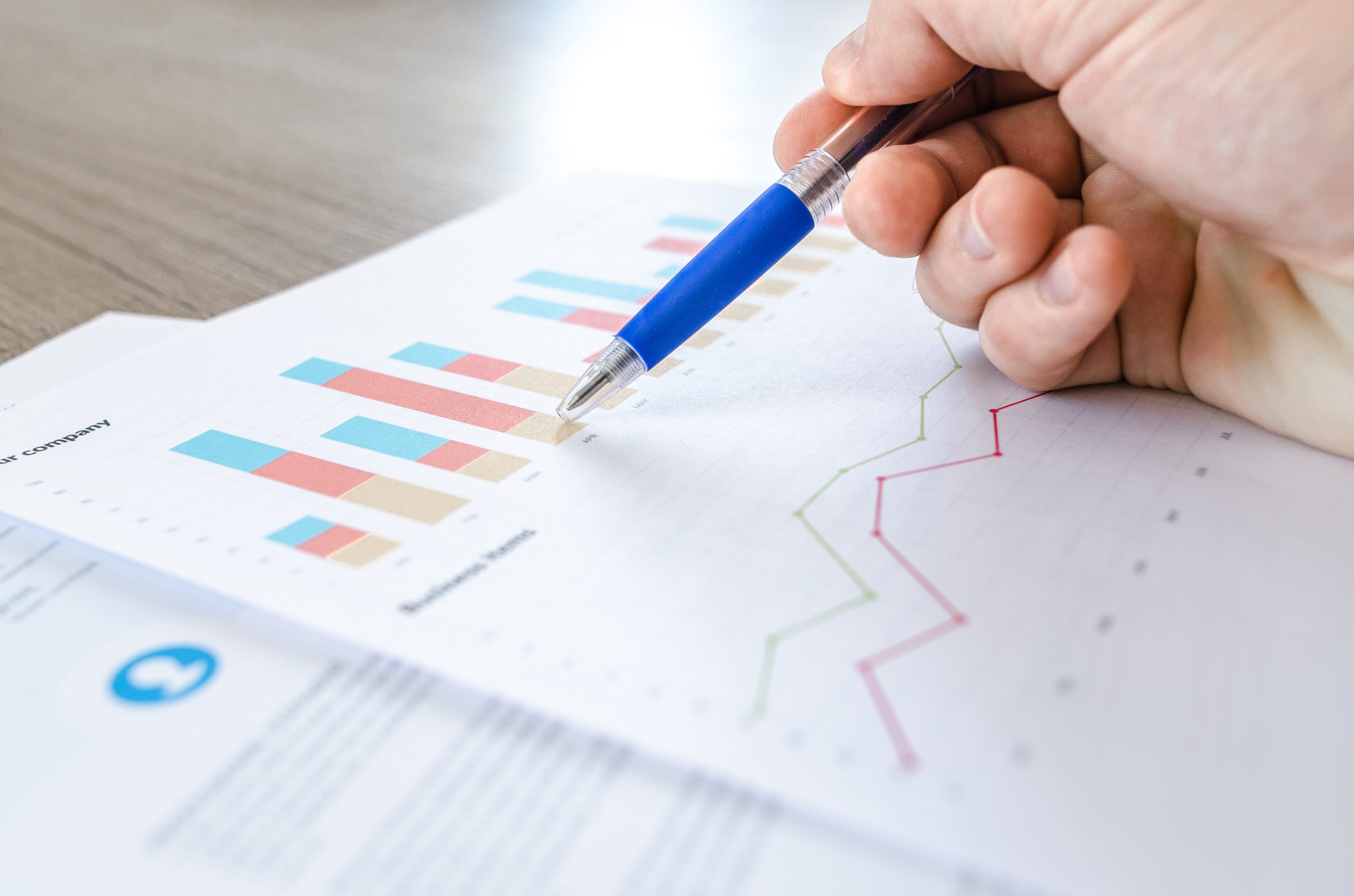 Raketech saw revenue for the third quarter of 2019 decline 15.1% to €6.0m, while costs increased, as the affiliate marketing business’ profits continued to suffer from the effects of Swedish re-regulation.
Raketech saw revenue for the third quarter of 2019 decline 15.1% to €6.0m, while costs increased, as the affiliate marketing business’ profits continued to suffer from the effects of Swedish re-regulation.Chief executive Michael Holmberg said Raketech’s lower revenue was due to the regulatory situation in Sweden and lower revenue from its B2C casino product, powered by Trustly’s Pay N Play payment solution. Unfavourable exchange rates between the Swedish Krona and the Euro also played a part in this decline, he added.
However, Holmberg did note that revenue was up from the second quarter of the year, which was also heavily affected by the difficulties in the Swedish market.
Revenue share payments made up the majority of Raketech’s revenue, bringing in €3.4m, up 8.8% year-on-year. Upfront payments brought in €1.9m, down 40.0%. Fixed fee payments contributed €726,000, down 11.5%.
Casino revenue brought in €4m, down 30% year-on-year. Sport revenue increased, however, to €1.6m, up 39.3% while revenue from other sources brought in €310,000, up 160% from 2018.
 The Nordic countries continued to dominate Raketech’s revenue, bringing in €5.4m, down 20.2%. Revenue from the rest of the world increased rapidly, however, to €572,000, up 94.2%. Raketech did not break down the geographical sources of its revenue further, but did say that Sweden remained its largest market.
The Nordic countries continued to dominate Raketech’s revenue, bringing in €5.4m, down 20.2%. Revenue from the rest of the world increased rapidly, however, to €572,000, up 94.2%. Raketech did not break down the geographical sources of its revenue further, but did say that Sweden remained its largest market.€5.2m was paid in commissions, while €724,000 was in fixed fees. The revenue figure for commissions includes Raketech’s own casino brand, Rapidi, launched in June.
Holmberg also said that growth in new depositing customers (NDCs) remained in line with 2018, with growth of 7% in the quarter.
Although Raketech’s revenue declined, its costs increased. The business paid a total of €4.5m in operating costs, up 33.8%.
Direct costs relating to fixed fees and commission revenue came to €824,000, up 28.0%, something Raketech put down to increased investment costs in its product portfolio. Employee benefit expenses, however, declined 8.1% to €1.2m as the number of employees at the business declined from 82 to 69.
Depreciation and amortisation costs increased 175% to €1.2m, which Raketech said was mostly due to depreciation of player databases and other intellectual property acquired in 2018. and other operating expenses rose 27.9% to €1.3m, largely due to expansion efforts beyond the Nordic region.
This operating expense of €4.5m left an overall operating profit of €1.5m. After paying €237,000 in finance costs, 87.2% less than last year, Raketech reported a pre-tax profit of €1.3m, down 31.2%.
Raketech paid €60,000 in taxes, leading to a net profit of €1.2m, down 31.0%.
Holmberg said Raketech made efforts to expand further beyond the Nordic region in the quarter, including the acquisition of Japanese brand Casumba media. Holmberg said these moves give him confidence that the business is well-primed for the future, despite the lower revenue this quarter.
“During the quarter, we continued to focus on global expansion, with concrete progress in both Japan and Germany,” Holmberg said. “All in all, this gives us confidence for the future, even though the result for the third quarter is unsatisfactory.”
In October, Raketech announced that Måns Svalborn will take over as chief financial officer on 1 December, after Andreas Kovacs stepped aside. Kovacs will remain at the company in the role of director of business development












